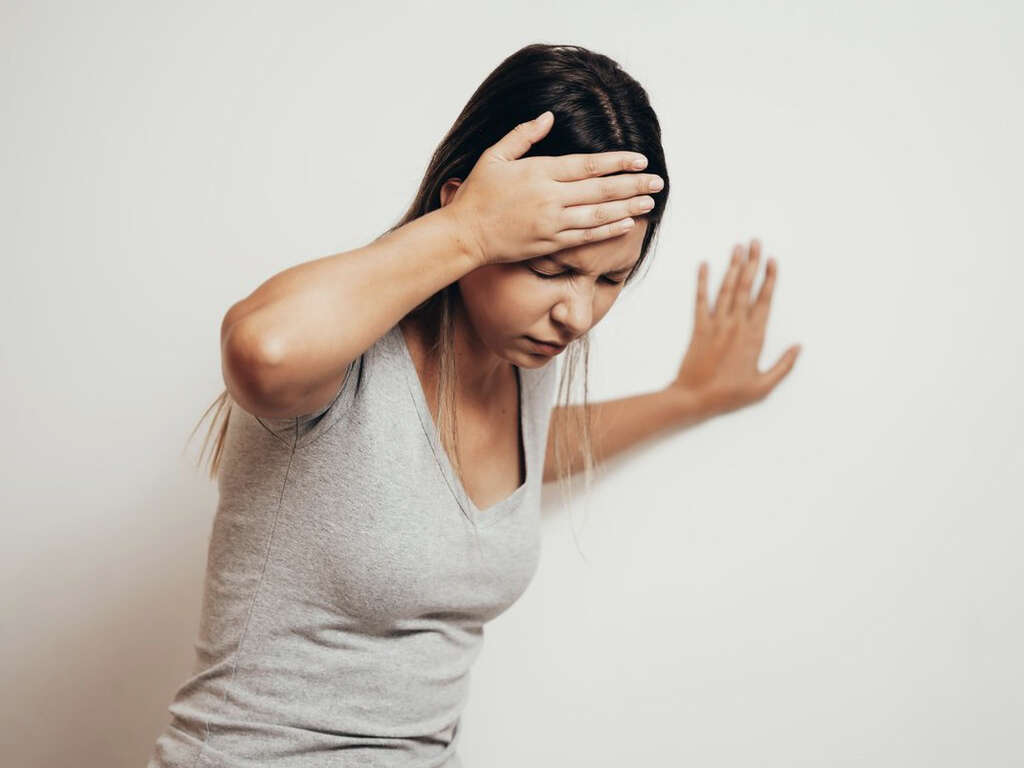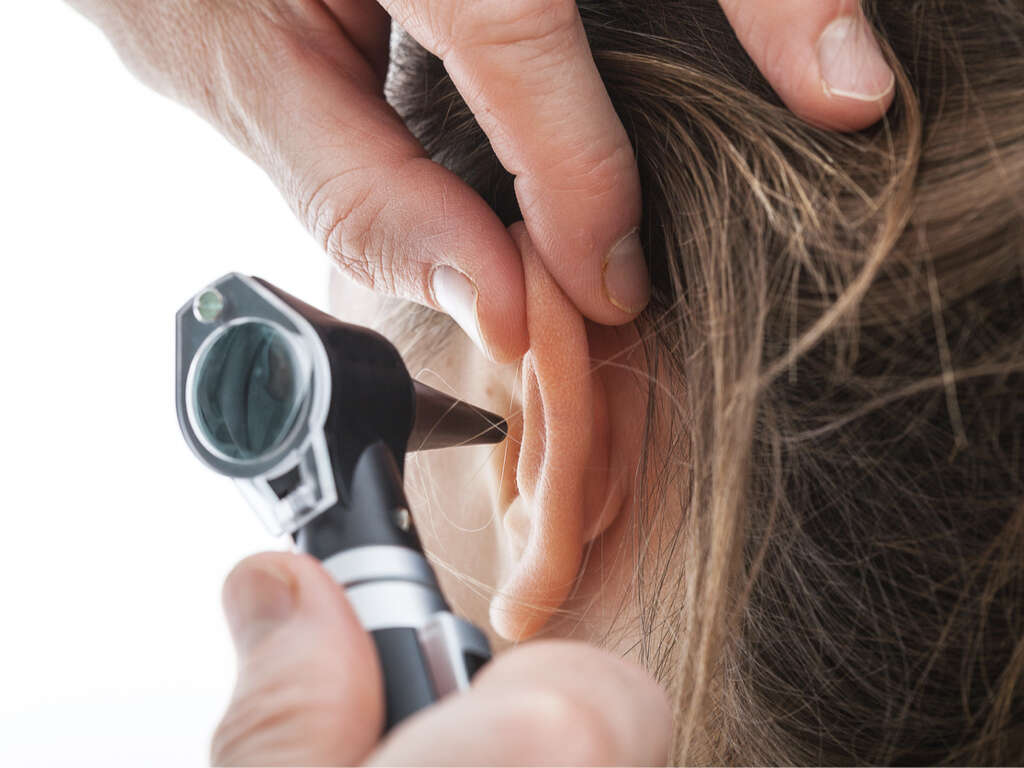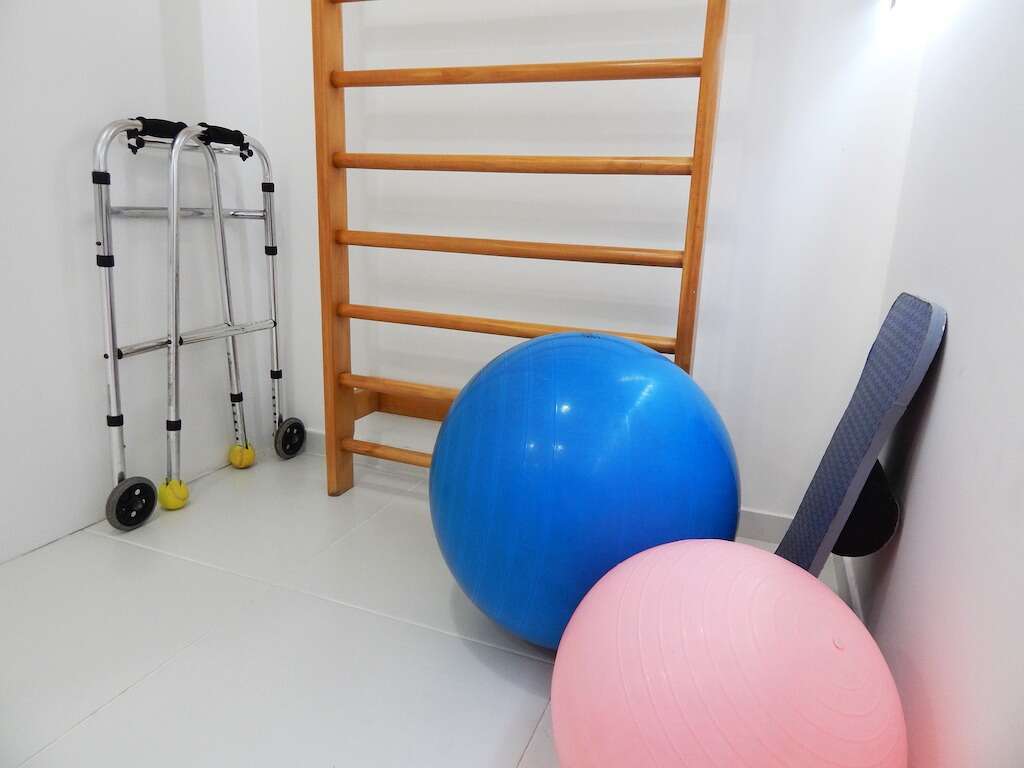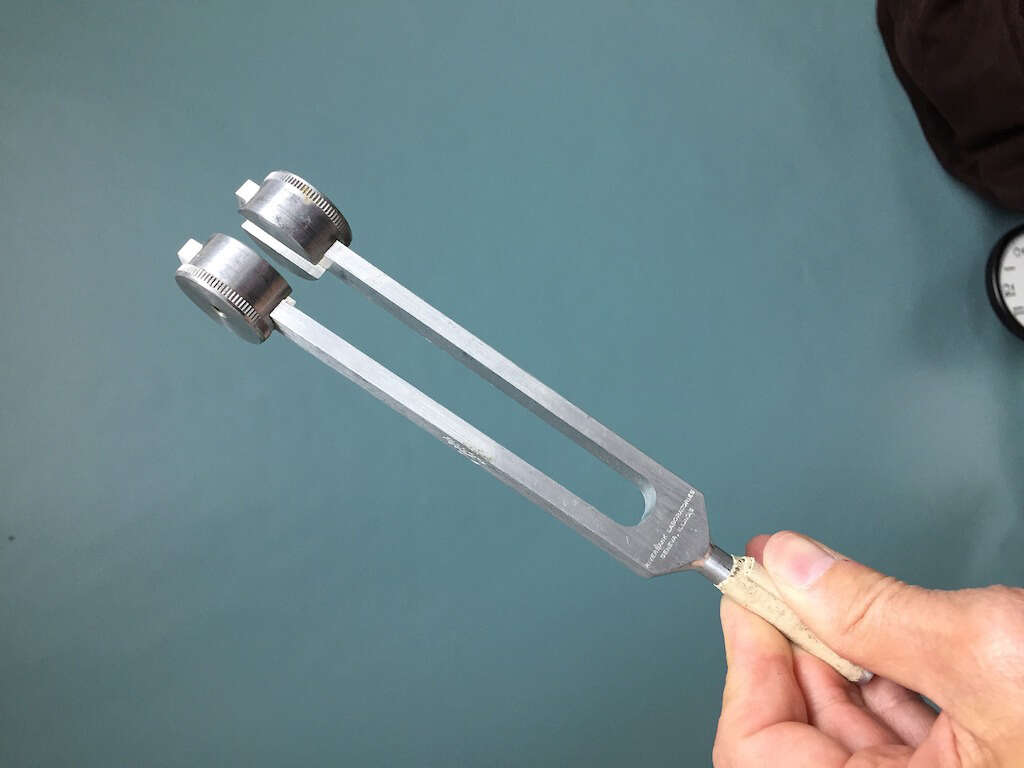10 Causes of Dizziness
Dizzy spells are uncomfortable but they are very common in adults. Vertigo is a more serious condition than ordinary dizziness and it makes you feel like the room is spinning as you standstill. This is usually caused by head movement or positioning. Several diseases found within the inner ear can cause vertigo. Dizzy spells can range in severity from just annoying to serious and debilitating.
Dizziness may be a symptom of a condition that is more dangerous and should be discussed with a doctor, especially if it is chronic. Medical treatment depends on the underlying cause of the dizziness. Most causes of dizziness are harmless and the problem tends to go away on its own. However, it is important not to be deterred from visiting the doctor for diagnosis and treatment.
Cause #1: Pregnancy
Dizziness is a common symptom of pregnancy. The rise in hormones that causes blood vessels to dilate, increases blood flow to the baby and lowers blood pressure as well. Women who are anemic or have varicose veins may also be more susceptible to experiencing dizzy spells. This is the reason for temporary dizziness during pregnancy.
Another cause of dizziness during pregnancy may be low blood sugar levels due to the body’s metabolism changing. This can occur in any trimester but is most common in the first trimester as the body is trying to adjust to the new pregnancy. Dizziness is also common in the second trimester when the uterus is expanding and putting pressure on surrounding blood vessels. In the third trimester, the weight of the baby on your body will press into a large vein, called the vena cava, and affect the blood that is being carried from your lower body to your heart, also resulting in dizziness.
Cause #2: Inner Ear Problems
The inner ear contains calcium and protein-based sensing crystals called otoconia. When these crystals become dislodged and float in the inner ear canals, a person may experience a spinning sensation. The loose crystals cause vertigo because they are supposed to make you sensitive to gravity and help keep balance. This is called benign paroxysmal positional vertigo, or BPPV. It is possible to resolve this mechanical problem through physical therapy instead of medication or surgery. If you do experience BPPV, consider doing treatment at home with a series of body movements that reposition the crystals in your inner ear. Sit and turn your head 45 degrees to the right. Lie down on the left side and stay for 30 seconds. Return slowly to the seated position and wait a few minutes before doing the same on the opposite side.
This is a common inner ear-related balance disorder that affects 1 out of 1000 people each year, typically in older adults. It is usually for no apparent reason, however, trauma and infections may trigger this to occur.
The Dix-Hallpike test is primarily used to diagnose BPPV. During the test, you are placed in a position that causes vertigo. Then, the doctor checks for involuntary eye movements associated with BPPV. The test may be done in several ways to determine which side is causing the problem.
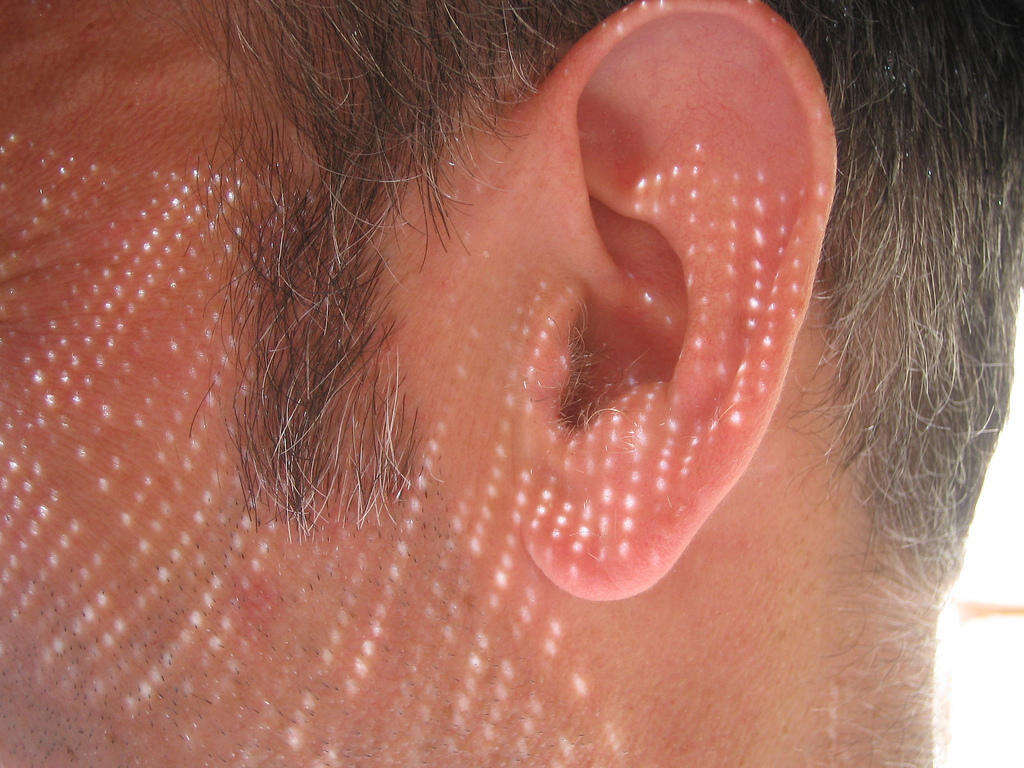
Cause #3: Low Vitamin B12
Having a deficiency in vitamin B12 is easy to detect and treat, but can often be overlooked. Deficiencies lead to a number of neurological problems, including feeling off-balance and having low blood pressure. You may feel a wobbly feeling when getting up to fast from a seated position or when walking up or downstairs. Consider bringing chronic vertigo symptoms to your doctor’s attention and being checked for low vitamin B12 levels.
B12 supplementation can be given orally, which is very effective because it can be absorbed outside the ileum. The form of B12 is also a factor in proper absorption. Many people vary in which forms they respond to best, so it is possible to be taking a supplement but still be deficient.
Cause #4: Hypoglycemia
Dizziness is a common complaint in a person with diabetes. This is likely caused by low blood sugar. During this episode of dizziness, the brain lacks glucose to function properly. Those who suffer from diabetes have a compromised ability for glucose uptake. They also may develop hypoglycemia from a decrease in food intake or too many medications, such as insulin or oral tablets.
It is important for individuals and families to recognize symptoms of diabetes and hypoglycemia in order to seek immediate treatment. These symptoms include dizziness, sweating, confusion and potentially coma. Sugar containing foods given by mouth, such as juice, will quickly reach the bloodstream and recover the individual from the hypoglycemic episode. A glucagon injection is another quick way for sugar to enter the bloodstream and may be a life-saving action for the individual. It is important to seek medical attention in order to properly diagnose and treat any conditions associated with this symptom.

Cause #5: Heart Disease
Feeling faint or dizzy may be due to the reduction of blood flow to the brain, caused by heart failure. A sudden loss of consciousness may mean that the blood supply to the brain was seriously obstructed. When the heart rate is abnormal, too slow or too fast, or if the heart is unable to pump blood because blood flow is blocked by a narrow valve, this could lead to dizziness and syncope (fainting).
Dizziness is an extremely common symptom of heart failure and may be due to the rapid drop in blood pressure. Getting up too quickly may contribute to this drop because of postural hypotension. The temporary drop may occur and is an extremely common symptom for people who suffer from heart failure.
Cause #6: Migraines
Migraine is a very common cause of dizziness. Approximately 50% of those who have migraines are undiagnosed and self-treat inappropriately for sinus headaches or other headaches not related to migraines.
Migraines typically are characterized by severe progressive, unilateral head pain, throbbing and pounding. It can interfere with the person’s routine activity because it is accompanied by symptoms of light sensitivity, dizziness, nausea and vomiting. Lightheadedness is a common symptom for those who suffer from migraines.

Cause #7: Medications
Many over the counter (OTC) medications may cause dizziness as a side effect. One of the most common drugs associated with this symptom are the antihistamines used for allergy relieve, such as fexofenadine.
The good news is that the dizziness should go away once the medication leaves your system and this happens relatively fast.
Cause #8: Anemia
Anemia can strike any healthy person, however an acute case of anemia can be corrected after therapy. Chronic anemia sufferers experience ongoing dizziness. If a person already has a chronic illness, then iron deficiency and poor nutrient absorption is typically a symptom.
Hemoglobin, found in red blood cells, carries oxygen and delivers it to the body tissues. When hemoglobin drops, the body becomes deprived of oxygen and physical symptoms, such as dizziness may occur.
With the proper diagnosis, most cases of anemia can be easily corrected and with treatment, the associated dizziness should resolve. It is important to seek medical attention in order to diagnose and treat any conditions related to this symptom.

Cause #9: Dehydration
Those who do not drink enough fluids to replace the liquids lost in everyday activity or exercise become dehydrated. This is not uncommon in people who suffer from diabetes as well. When severe dehydration occurs, blood pressure drops and the brain is unable to receive adequate oxygen, resulting in dizziness.
Other symptoms include feeling fatigued or having dark urine. In order to resolve the dehydration, drink water slowly. Stay away from alcohol, coffee, tea and caffeinated soda as well.
Cause #10: Meniere’s Disease
The cause of Meniere’s disease is not well understood, however it appears to be the result of abnormal amount of fluid in the inner ear. This is evident through autopsies but it is still unclear what causes the episodes. In most cases, only one ear is affected by Meniere’s disease. It causes episodes in which you feel dizzy and lose hearing progressively. Ultimately permanent hearing loss occurs.
Some factors that cause fluid to build up in the ear include improper fluid drainage due to anatomic abnormality, viral infections, allergies, head trauma and migraines. The disease can interrupt daily activity and result in fatigue, dizziness and ultimately stress.



